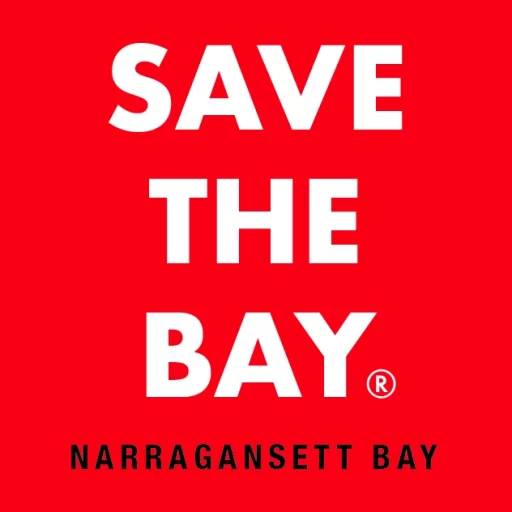R.I. Supreme Court Decision Shows Why CRMC Needs Reform
By Jonathan Stone, Save The Bay’s Executive Director
Originally published October 30 in the Providence Journal
The R.I. Supreme Court’s rejection of the “settlement” between Champlin’s Marina and the Coastal Resources Management Council should serve as a wake-up call to all Rhode Islanders. The decision makes it clear that the agency’s structure is fundamentally flawed and in need of immediate correction by the Governor and General Assembly. Rhode Island’s coastal environment and Rhode Islanders themselves deserve nothing less.
In its denial of the settlement between Champlin’s Marina and CRMC’s Council, the Court found that the settlement failed to address how the expansion would impact the environment and the Council failed to follow the state processes required by CRMC’s own regulations.
According to the Court, Council members did not engage in a “traceable decision-making process”. Instead, as reported by the Providence Journal on October 16, two lobbyists—Champlin’s attorney Robert Goldberg and CRMC legal counsel Anthony DeSisto—decided the case should be resolved by alternative means despite the CRMC’s repeated expansion denial, upheld by the Superior Court in 2020. Then, acting with complete disregard for the public process established in their own regulations, Council members approved a modified expansion. The Court found the Council did not have the authority to discuss the settlement in executive session, then approve it in open session, yet that’s exactly what happened.
Unfortunately, unlike agencies like RIDEM, whose director is accountable for agency decisions, no Council member is accountable for its decisions, nor has any member answered to the people of Rhode Island for their actions.
Also unfortunately, the Council hires part-time legal representation engaged in private practice, with other interests and clients. As evidenced by how the Champlin’s debacle began, the Council structure—one in which individuals with no coastal expertise can make important decisions regarding coastal matters—paired with the lack of a full-time staff attorney dedicated solely to representing agency interests, invites abuse.
In light of the Supreme Court’s decision, Save The Bay renews its call for agency reform. Structural change is the only way to ensure our coastal resources are protected appropriately in the future:
- The General Assembly should replace the Council with an advisory body in the upcoming legislative session, improving transparency by putting decision-making accountability on the Executive Director. The replacement Citizens Advisory Council’s members should be knowledgeable in coastal law and policy and represent coastal, urban, indigenous, and environmental justice communities.
- The Council should hire a full-time, in-house legal counsel for the Executive Director and staff. This individual would be focused solely on the agency’s interests and regulations and fit to advise staff accordingly.
- Governor McKee should promptly nominate the full-time hearing officer funded by the General Assembly’s 2022 budget. This officer, experienced in environmental law, would replace the Council in the role of adjudicating contested permitting and enforcement cases.
Finally, Rhode Islanders deserve accountability. Governor McKee should immediately replace all Council members who voted in favor of the mediated settlement—Raymond Coia, Donald Gomez, Patricia Reynolds, and Jerry Sahagian—with members who will follow CRMC regulations and have experience in coastal policy, law and planning. There’s no excuse for these members’ missteps, especially considering that some have served on the Council for over a decade.
We hope the Council’s egregious breach of the public’s trust will catalyze much-needed structural CRMC reform. By taking immediate, decisive steps, the Governor and General Assembly can begin to build public confidence in the agency that is so vital to Rhode Island’s coastal environment and quality of life. It is time to put an end to this relic of corrupt Rhode Island governance.
Jonathan Stone has served as Save The Bay’s Executive Director since 2008.

